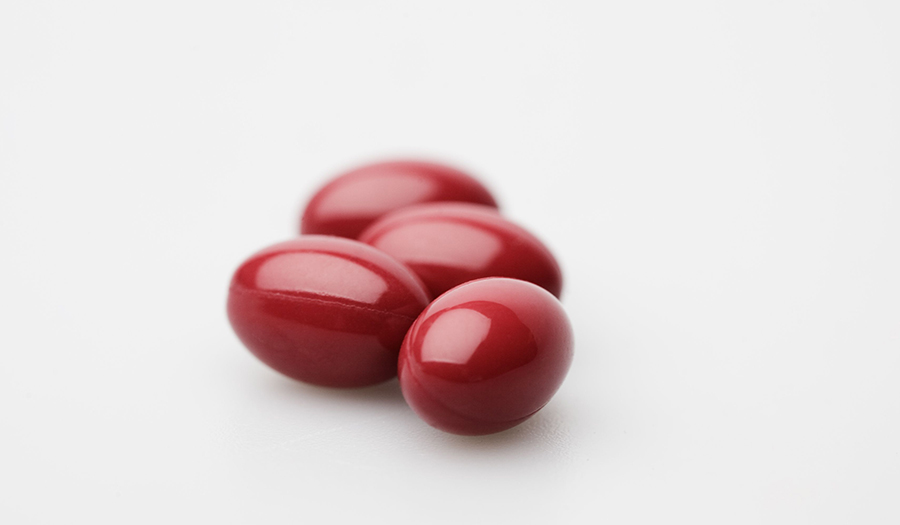
A-Z of Isotretinoin - Everything to Consider
June,18,2020
We’ve all heard of Isotretinoin or Accutane its popular brand name in the US. So what is this all about and how does Accutane help with acne – We ask Dr.Harshna Bijlani, Medical Head of The Ageless Clinic & Celebrity Skin Expert
1) What is accutane/isotretinoin?
Isotretinoin (13-cis-retinoic acid) derived from vitamin A is popularly also known as the brand name Accutane, under which it is sold under the among others, is a medication primarily used to treat moderate to severe acne. It is one of the most successful ways to treat acne with extremely high success rates achieved through various clinical trials.
2) How does it work on skin?
Isotretinoin is classified as a retinoid and is derived from vitamin A. It is to be taken orally, in pill form, once or twice a day depending on what your doctor prescribes.
Isotretinoin works by shrinking the sebaceous glands in the skin. This reduces sebum production in the skin (food for the acne bacteria to survive), which makes it difficult for acne to survive, it also reduces the clogging of pores to further reduce the chances of breaking out. Vitamin A also increases cell turnover which in combination with fewer blocked pores, would reduce the chances of acne and give you cleaner, clearer skin.
3) Who do you recommend take it?
Anyone suffering from moderate to severe acne or acne that doesn’t seem to be responding to other treatments, or those who have a tendency of scarring easily should consider taking Isotretinoin.
4) Who should not take it at all?
Women who are pregnant or planning to conceive within a span of 6 months should stay away from Isotretinoin at all costs. Isotretinoin causes major birth defect if the fetus is exposed to the medication. Other cases where one should avoid Isotretinoin is in case of individuals who are breast feeding, have a vitamin A sensitivity, severe hair fall, dry lips, dry skin, uncontrolled diabetes and so on. Please make sure you consult your doctor and properly understand the contraindications and side effects before opting for this treatment.
5) What testing does one have to do?
As Vitamin A is extremely harmful for a foetus, women need to take a pregnancy test before starting their medication to make sure they’re not pregnant. Make sure you’re on contraception and do not try to conceive for 6 months. Apart from that the common tests your doctor might ask you to take are CPC, cholesterol, liver and so on.
6) What precautions should one take?
Make sure you follow the dosage instructions, do not get pregnant, visit you doctor for follow up visits as planned and avoid or reduce the consumption of alcohol while you’re on your course.
